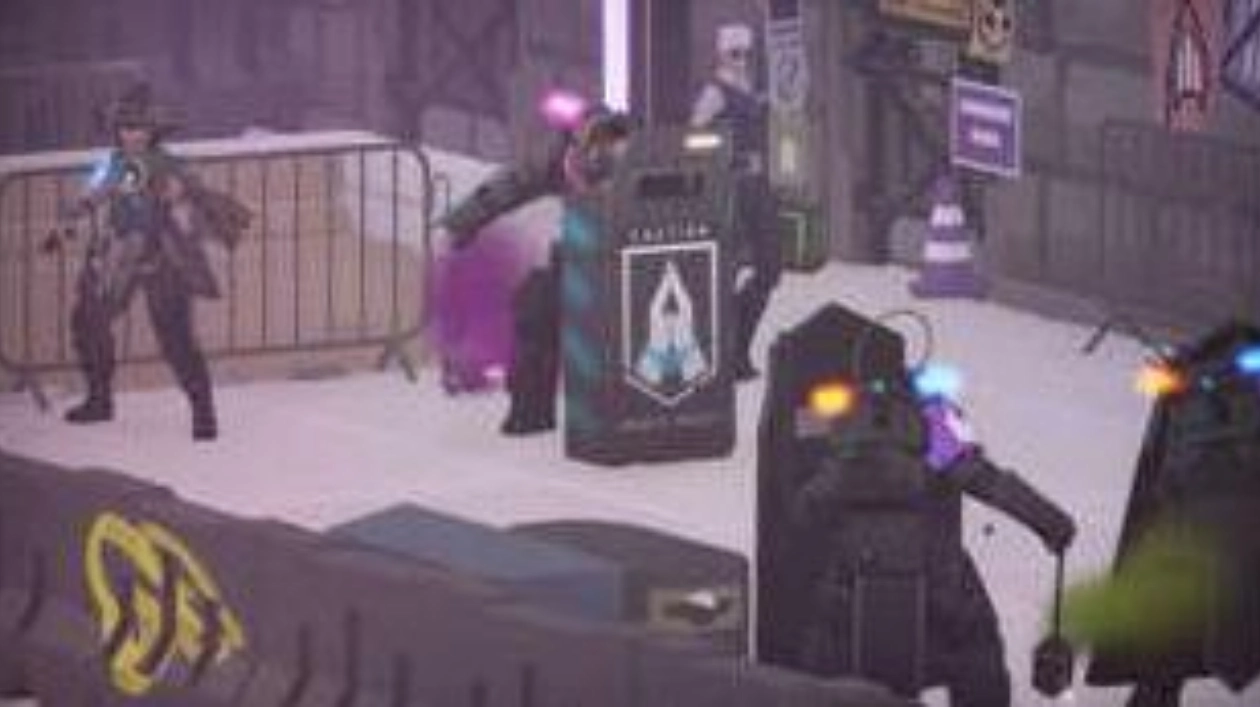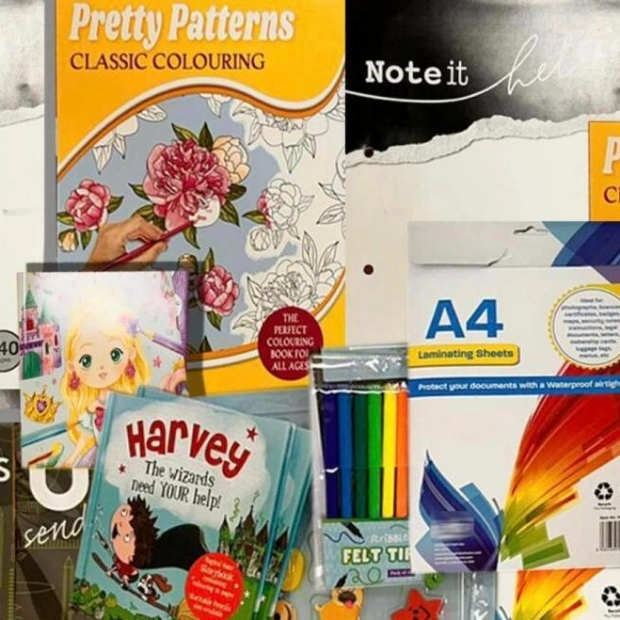Perfectionism is a significant source of distress for me. It's the barrier that stops me from writing a book, engaging in more conversations, and attempting woodworking. It also makes me excessively critical of my own work (if you think internet commenters can be harsh about someone's writing, you'd be shocked by my self-critique). However, from a perspective that I doubt any therapist would endorse, perfection can also be delightful. In gaming, there are countless ways to achieve greatness and relish the joy that comes with it. Clearing the screen in Tetris, executing a flawless 360 no-scope, or turning the tide with a sliver of health can all be incredibly satisfying experiences.
But there's something about 'Into the Breach'—and more recently, the outstanding 'Tactical Breach Wizards,' which shares some design elements with 'Into the Breach'—that surpasses the satisfaction I've found in any other game. Like 'Into the Breach,' 'Tactical Breach Wizards' revolves around manipulating space and reacting to the certainty of knowing what's coming next. In its turn-based, grid-based format, you gain insight into what your opponents will do, meaning you know exactly what dire future awaits as soon as you click 'End Turn.' You might lose a unit, fail an objective, or have to restart entirely. Unlike 'Into the Breach,' which is a roguelike, the stakes are lower in 'Tactical Breach Wizards,' but the clarity of the consequences of your failure enhances the impact of your choices. You can clearly see the doom approaching—and then relish the pleasure of figuring out how to reverse that outcome.
The way you achieve this in 'Tactical Breach Wizards' is what makes it so enjoyable. You can directly damage foes, which is often a reliable strategy. But more often, you need to adjust their positioning and upcoming actions to achieve your desired outcome. Oh, you planned to attack me? Instead, you'll spend your next turn knocking out your teammate who would have dealt me a fatal blow, after watching half of your allies get thrown out of windows. Because you can preview the results of your choices, you can play out every move on the chessboard to find the best option. The outcome often surpasses my initial expectations, especially as the game provides more upgrades to navigate and alter the battlefield.
'Tactical Breach Wizards' eventually became an ongoing exercise in turning things around on every turn of each level. I found myself in a nearly zen-like state, flowing within the constraints and threats, manipulating enemies, probing for different possibilities until finding the perfect series of moves. Whenever I find a game too easy, I quickly increase the difficulty to challenge myself. Yet in 'Tactical Breach Wizards,' while the thought crossed my mind occasionally, I found myself positively giddy with the end results of many levels, laughing in disbelief, and I didn't want to deprive myself of that sensation. I never fail a level, which in most games would lead to boredom, but here, the excitement comes from standing on the brink of failure.
Instead, the thrill comes from seeing if I can thread the needle in a way that seems impossible when first examining a new level—and successfully doing so is an exhilaration unlike any other. Combine this with the numerous times I recoiled at the sight of a challenging level, only to find a way to flawlessly complete it in a single turn, and 'Tactical Breach Wizards' plays right into my perfection-obsessed mind. It's not possible to complete every level in one turn—or at least I don't think so, though the way you can chain abilities to extend a single turn is a significant gameplay difference from 'Into the Breach.' But it's possible far more often than those first glimpses, even on larger maps from the late game, would suggest. The prospect of victory seems daunting, and the notion of achieving success in one turn is laughable, but it's frequently possible and leads to an incredible feeling when you pull it off.
My total playtime in 'Tactical Breach Wizards' ended up far above the norm from those I've spoken with. Some of that is due to completing many bonus objectives and all side missions, none of which I was willing to miss thanks to the game's stellar, hilarious writing and another opportunity to do what initially seemed impossible. But the bigger factor in my playtime was the excessive amount of time I spent on each turn, examining different approaches, outcomes, and possibilities. (The fact that it never gets old blasting enemies out of windows—defenestrating them, as the game happily teaches you—didn't hurt either.) Perfectionism might be one of my biggest challenges in life, but in 'Tactical Breach Wizards,' it's the key to making the most of one of my favorite gaming experiences ever.






